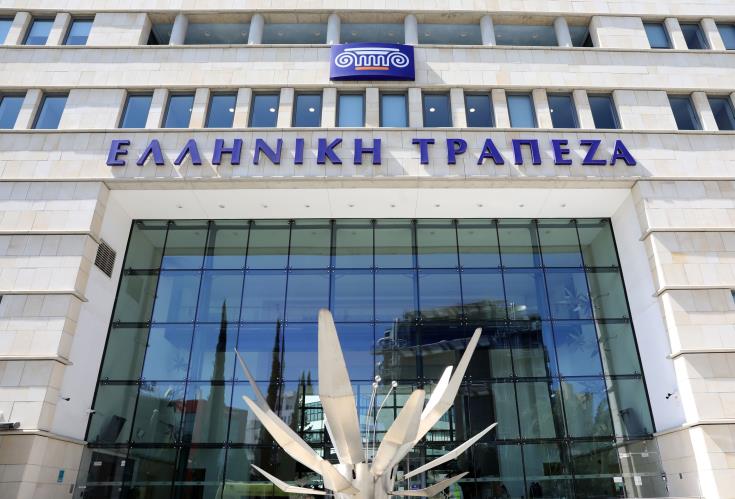EU’s €1 Billion Aid Package to Lebanon Tied to Migration Control
In a significant development, the European Union has announced a substantial economic aid package worth €1 billion for Lebanon, with a clear mandate to curtail migration flows. The move comes as a response to the rising number of Syrian refugees making their way towards Cyprus and Italy.
The funds are a much-needed infusion for Lebanon’s struggling economy, yet officials indicate that the country requires more to overcome its financial crisis. Political deadlock continues to hinder reforms that would release an additional $3 billion from the International Monetary Fund (IMF).
During a joint appearance in Beirut with Cyprus President Nikos Christodoulides, Commission President Ursula von der Leyen emphasized that the aid is designed to enhance Lebanon’s “overall security and stability,” with a significant portion allocated to strengthen border control. This effort is intended to reduce the influx of asylum seekers and migrants.
The EU’s strategy mirrors previous aid agreements with countries like Egypt, Tunisia, and Mauritania, which also focused on border fortification. This approach is set against increasing resentment towards Syrian refugees in Lebanon and a notable spike in irregular migration from Lebanon to Cyprus.
Allocations from the aid package, which will be distributed from this year through 2027, aim to support Syrian refugees and other vulnerable groups in Lebanon. Additionally, Lebanese security services will receive backing to enforce stringent migration and border policies. A portion of the funds will also be directed towards Lebanese fishermen to prevent them from engaging with smuggling networks.
Von der Leyen highlighted plans for a “more structured approach to voluntary return” for Syrian refugees, in collaboration with the U.N. refugee agency. The EU intends to maintain “legal pathways” for refugee resettlement within Europe.
Lebanon’s caretaker Prime Minister Najib Mikati welcomed the aid, underscoring the interconnectedness of security between Lebanon and European nations. He warned that an escalation in the crisis could have widespread implications, extending beyond Lebanon’s borders.
With over 800,000 registered Syrian refugees and many more unregistered, Lebanon is under immense pressure. Cyprus, too, reports being inundated by irregular migration, primarily from Lebanon or via Turkey. The UNHCR in Lebanon confirmed numerous boat departures carrying thousands of passengers attempting to leave the country.
Recent measures by Cyprus include halting the processing of Syrian asylum applications and accusations against its coast guard for turning back migrant boats from Lebanon. These actions precede a key fundraising conference for the Syrian crisis in Brussels, highlighting donor fatigue amidst global humanitarian concerns.
The Cypriot president labeled the day of the announcement as “historic,” urging European officials to consider parts of Syria as safe for return. However, not all Lebanese officials are convinced that European aid will resolve the migration issue. Lebanese Forces party head Samir Geagea expressed concerns over the country being overwhelmed by illegal Syrian refugees and advocated for their return to Syria.
Amnesty International and other civil society organizations have called on Lebanese authorities and the EU to adhere to international law and not forcibly return refugees to Syria until conditions for safe and dignified returns are met. They criticize recent EU migration cooperation deals for potentially exposing individuals to human rights risks and weakening asylum protection.
This latest EU-Lebanon agreement is part of a broader EU strategy seeking third-country cooperation on border control, raising questions about the balance between managing migration flows and upholding human rights commitments.






